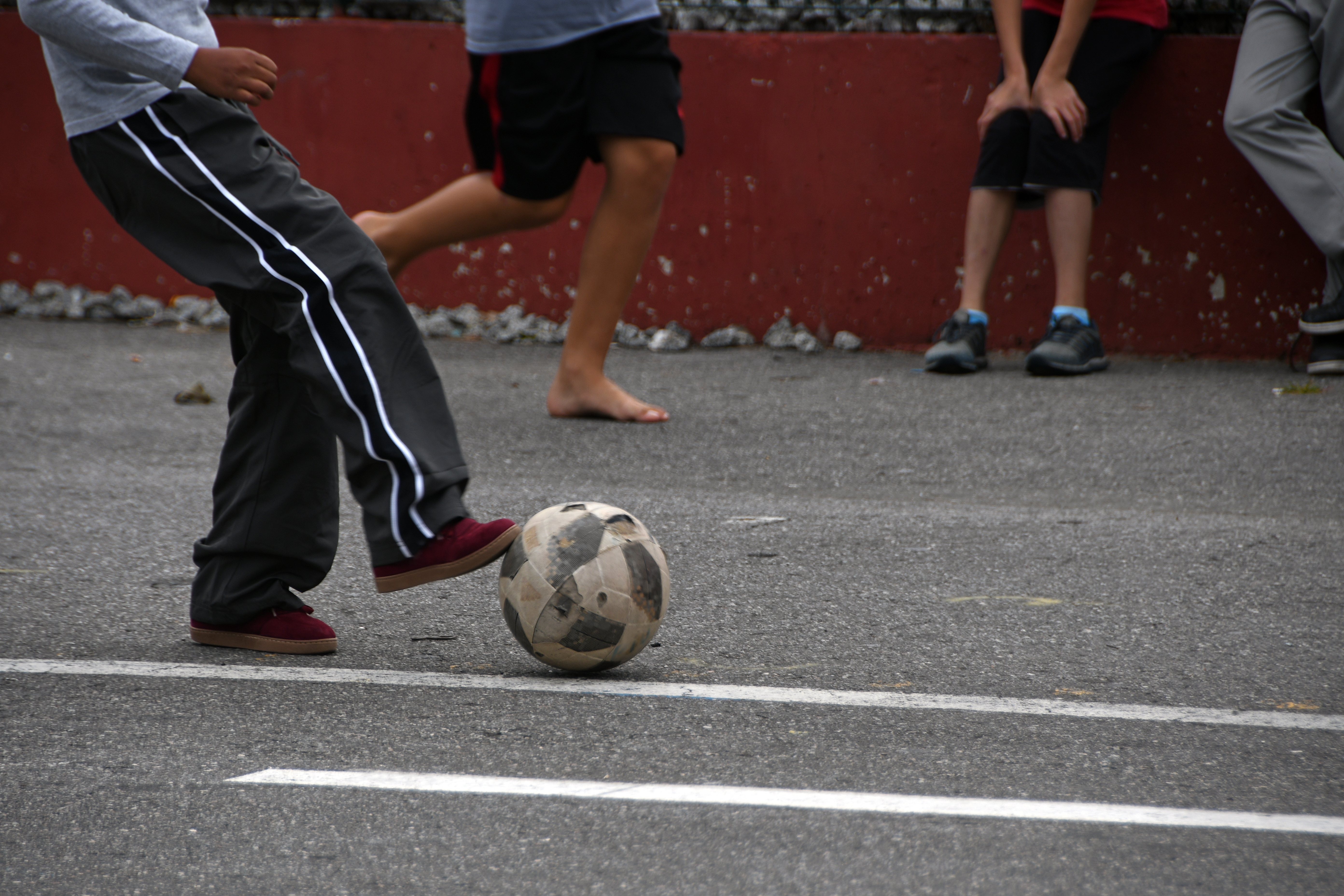The truth behind the "ban" of street soccer in Zapopan, Jalisco

Soccer is one of the activities that children practice the most in Mexico, so the streets are usually the first stage where they practice this sport. However, now the street "cascaritas" could be synonymous with fines in the municipality of Zapopan, Jalisco.
The modification to article 128 of the Income Law for 2023 in zapopan was recently approved, in which it will restrict activities on public roads that affect the neighbors or that damage the private property of the inhabitants of the area, so among them the realization of the "cascaritas" will be limited.
Because street soccer is an appropriation of public viability, if a neighbor is affected by this sport, they can file a complaint, which would bring a fine to those who carry out the sporting activity in Zapopan. However, it does not mean a complete ban on street soccer.
Juan José Fragie, municipal president of Zapopan, was in charge of clarifying the situation regarding the limitation of “cascaritas”. Through a video posted on his official Twitter account, he explained when it would be an offense to take to the streets to play a soccer game and when it would not.
The first thing he pointed out was that soccer is not being banned in the streets, only activities on public roads are going to be regularized, this in order to eradicate noise. “A few days ago a note circulated that the zapopan government was against street soccer, which is totally false. My government is not banning cascaritas."
In his recording, he shared when it will be considered a fine and when it will only be a warning so that the person does not commit the offense again. With an illustration with infraction cards, like soccer referees, the municipal president of zapopan shared the following:
"If a neighbor or neighbor reports you for closing the street and avoiding vehicle traffic: red card", that is to say that you will be creditor to an economic fine.
The same will happen when any other activity is carried out on the road, such as potlucks or parties. “If they report you for making a lot of noise at night, be it for a party or for any reason: a red card,” he added.
Within the modifications to article 128, damage to private property, obstruction of the circulation of vehicles and pedestrians, disturbing or breaking the harmony of the neighborhood are included. With street soccer, these incidents can occur when someone breaks a window with a ball or creates excessive noise.
The fine for throwing a "shell" could amount to 30 UMAS (Units of Measurement and Update), which could be estimated at 13 thousand Mexican pesos.
The reason why today we call football challenges, street games or informal games in patios and parks "cascarita", dates back to the first decades of the 20th century and was born because soccer was played with a orange; however, it was not just any orange.
According to the historian Carlos Calderón, the young people of the time took the fruit and made a small hole underneath, through which they extracted all the juice in order to leave the round shell. This way they could kick it without the orange game coming out and creating a mess.
This is how the phrase “cast a shell” or “shell” was born to refer to the soccer ball with which they played, because although it was not the only way to replace the ball, it was the one that generated the attachment with the population to refer to street football.
KEEP READING:
This is how the phrase “cast a shell” or “shell” was born to refer to the soccer ball with which they played, because although it was not the only way to replace the ball, it was the one that generated the attachment with the population to refer to street football.
Post a Comment for "The truth behind the "ban" of street soccer in Zapopan, Jalisco"